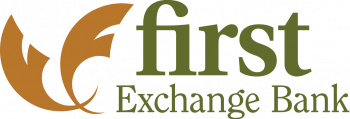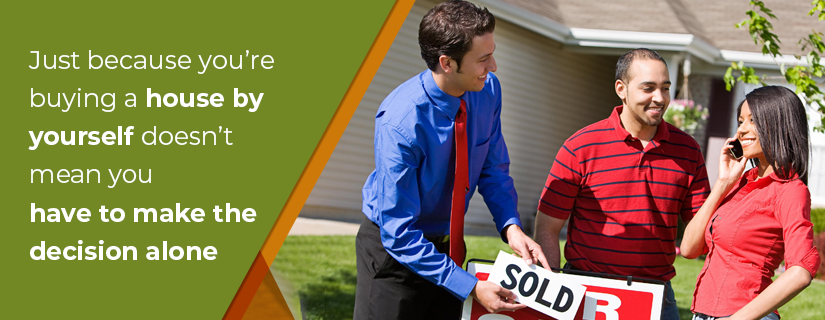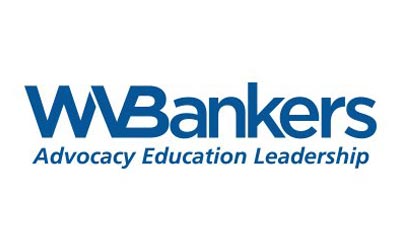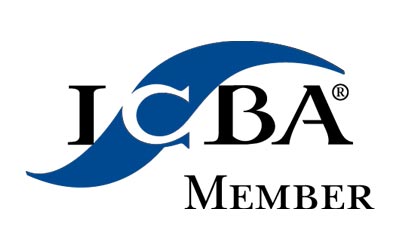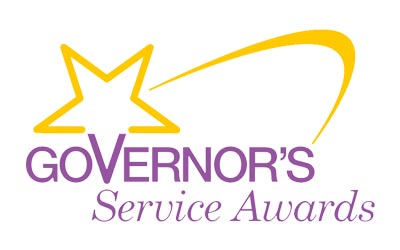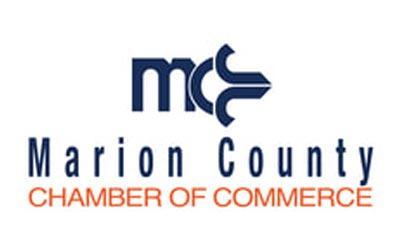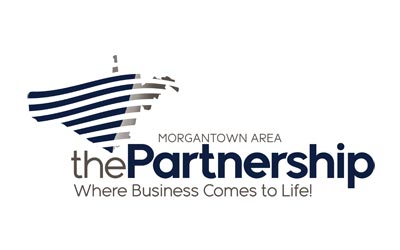Buying A Home As A Single Woman? Here’s Some Tips For Buying A House
According to the National Association of Realtors, single women accounted for 11% of homes purchased in 2019, compared to the 7% of homes purchased by single men. So, if you are a woman buying a house on one income, you’re in good company! Whether this is your first house or you are a repeat buyer, congratulations! As your local community bank in North Central West Virginia, we are here to provide a comprehensive guide for the single ladies ready to take a big step toward realizing their personal and financial goals with home ownership. Here is our guide to buying a home as a single woman.
Getting Started
Buying a home is a fun and exciting process, but there are also many details to figure out, such as how much money you need and what kind of home you can afford. In this section, we will help you get oriented as you begin the home buying process.
Figure out how much money you’ll need.
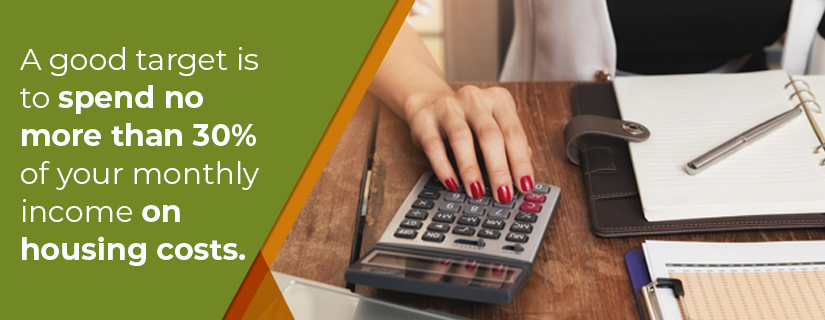
Whether you are a first time home buyer single woman or buying a new house, the first step is figuring out how much money you need to buy a house in West Virginia. After all, a house can provide emotional satisfaction and security, but it is also a financial investment. To ensure that investment will pay off for you, set yourself up for success by not spending more on a house than you can comfortably afford. A good target is to spend no more than 30% of your monthly income on housing costs. This step is the same whether you’re buying a house as a single woman, or a married woman with children.
Give your expectations a reality check.
Many of us enjoy watching home renovation shows, but they can set you up for unrealistic expectations for the type of house or home features you can afford. Thanks to the internet, you can shop around and compare your wish list with what is actually available in your desired town or neighborhood and in your price range.
Find a buyer’s agent you’re comfortable with.
Ready to look at homes in person? Some real estate agents will want you to get pre-approved or pre-qualified by a mortgage lender first. This shows agents and sellers that you are a serious buyer. Contact our friendly mortgage lenders in White Hall, Morgantown, Fairmont, Mannington, Hundred or Fairview to see how we can help you get started.
There are plenty of real estate agents out there, so ask friends and family for recommendations. Treat the selection process like an interview—you do not need to choose the first person you meet. They may ask you to sign a buyer’s agent agreement, which commits you to exclusively work with that agent for a specified period of time. However, you should wait to sign until you find an agent you feel comfortable with and, one who has a good track record. Your agent should be attentive and help get the best possible deal on your new home.
Get a second opinion.
Just because you are single and buying a home doesn’t mean you have to make the decision alone. In addition to feedback from your buyer’s agent, bring friends or family with you to look at houses. They may notice things that you don’t, and they can serve as a tiebreaker if you wind up torn between two options.
Saving to buy a home as a single woman
Buying a home single or with a partner is the largest purchase you may ever make. In this section, we will cover what you are saving for as well as the best types of savings accounts for aspiring homebuyers.
Down payment
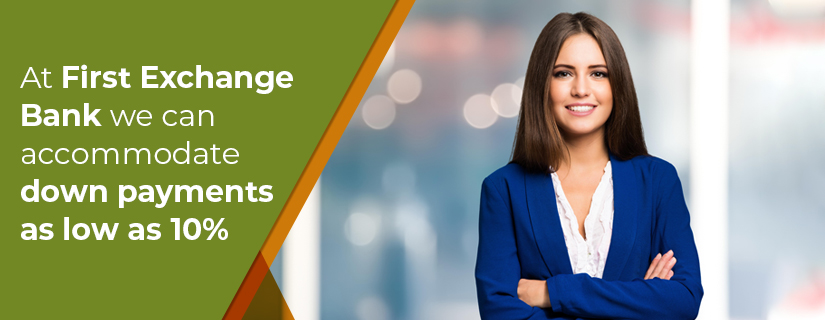
While your mortgage will cover most of your home’s purchase price, you still need to have some skin in the game. The conventional down payment is 20%, but at First Exchange Bank we can accommodate down payments as low as 10%. That is just one of the many benefits we can offer homebuyers as a community bank that services all of our mortgage loans in-house. This is especially helpful if you’re single and buying a home.
Closing costs
In addition to your down payment, you’ll need to pay for a few expenses at your closing. These are related to the administrative tasks associated with transferring property, such as:
● Origination Fees
● Attorney fees
● Appraiser Fee
● Taxes
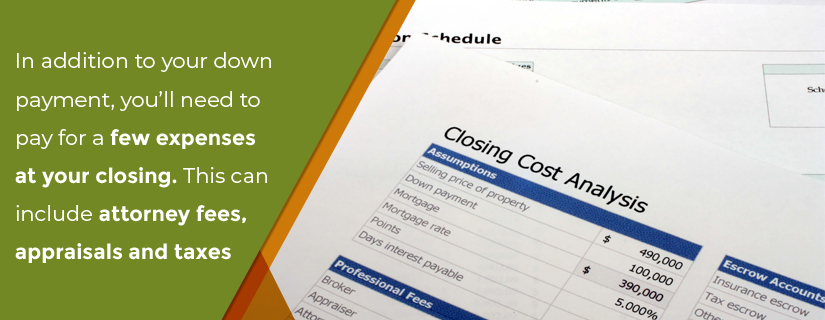
You will receive a closing costs worksheet prior to closing that outlines the specific amount you need to have on hand. Overall, you can expect closing costs to total about 2 – 5% of the home’s purchase price.
Cosmetic improvements and repairs
Before you move into your new home, you may want to make some changes. From painting the walls to purchasing new furniture, switching out a bathroom vanity or adding a storm door, there are a variety of elective or essential upgrades you can make. Hopefully, you hired a professional home inspector after your offer was accepted, so you’ll know if there are any major issues before closing. If so, you can negotiate to have the seller fix the problem or reduce the purchase price by the cost of the repairs.
Best savings accounts for homebuyers
So, where should you stash all this cash for your home purchase? The first rule of thumb is to choose an FDIC-insured deposit account that you will be able to access when the time comes. If you put your savings in the stock market, you take the risk of losing more than you put in.
Here are your best savings account options:
● Certificates of Deposit: If you plan it right, you can let your money grow at a higher rate with a term that will end just when you’re ready to make an offer on a home.
● Money Market: Generally requires a higher average daily balance to avoid maintenance fees, but rewards you with a higher interest rate plus the flexibility of making 6 withdrawals per month. Set up automatic transfers between your bank accounts to put it on auto-pilot and watch your balance grow.
● Statement Savings: If you don’t want to commit to a CD term or can’t meet the minimum balance requirements for a Money Market account, a personal savings account is always a good option. Set up automatic transfers from your checking to your savings to put it on auto-pilot and watch your balance grow.
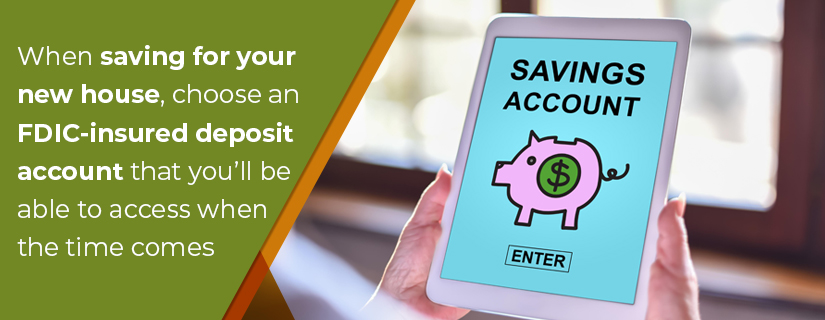
Calculate your total savings goal
Now that you have a sense of your price range, down payment, closing costs, and improvement budget, calculate the total and set an ultimate savings goal for yourself.
If that number seems daunting, don’t give up feel free to call one of our mortgage lenders to discuss other options.
Get started by applying for a mortgage online!
Ready to start your journey to home ownership? We have a great online application. If you have more questions about buying a home as a single woman, or need more assistance with choosing a mortgage, visit us or contact your local First Exchange Bank office and let us help find the mortgage loan that’s right for you. We possess local expertise in the real estate markets of Marion, Monongalia, Wetzel counties and beyond.
To get your mortgage application started, you’ll need to provide basic information such as your social security number, annual income and tax returns. To keep things on track, try to provide supporting documents as soon as we request them. As your local mortgage lending partner, we are here to guide you through the mortgage application process with friendly and personalized service!
For more tips on buying your first house, see our Morgantown First-Time Homebuyers Guide.
For more help in choosing a mortgage, see Choosing a Fixed Rate vs. Variable Rate Mortgage.
If you’re thinking about building a house, read Single Close Construction Loans Explained
